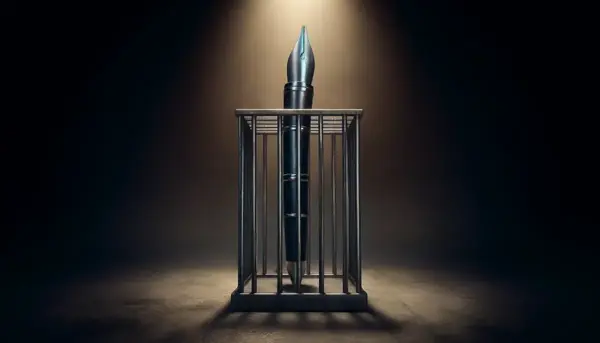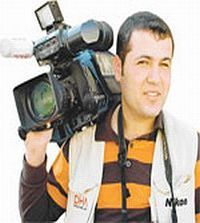Abuse of Journalists' Confidential Material
In the last three years there have been more than ten events in which the secrecy of journalists' sources was compromised. Journalists were forced to say whom they had spoken to or their recordings were confiscated.
Three French journalists detained
When Capa Agency cameraman Marc de Banville wanted to cross into Northern Iraq at the Habur border gate in Silopi (province of Sirnak), he had to watch how his camera was confiscated by force. Guillaume Perrier of Le Monde, who had been in the same group, was forced to hand over his laptop to be searched after he returned from Northern Iraq on the evening of 28 October.
Perrier said that he was held for four hours at the border while his computer and other materials were examined in great detail. He told bianet that there was no respect for the safety of his sources of information.
Perrier, Banville and Estelle Vigoureux had previously been detained for 30 hours before entering Northern Iraq because they had refused to hand over their recordings. They were later released on order of the prosecution.
Use of recordings for court
In another case on 8 October in Beytüşşebap, another district of Sirnak, the Beytüşşebap Criminal Court of Peace wanted to search the office of Emin Bal, reporter for the Dogan Haber Agency. Bal had reported on the funeral of a PKK member in the district, and the court wanted to obtain the recordings in order to “identify who was shouting slogans in favour of Abdullah Öcalan”.
This case was the fifth example of the violation of the secrecy of informants which Emin Bal and other journalists in the district have experienced since July 2006.
Frequent violations in Beytüssebap
On 21 March, police was given permission to confiscate video tapes from Emin Bal after he had filmed the Newroz celebrations organised by the pro-Kurdish Democratic Society Party (DTP). The justification was that slogans in support of the PKK had been shouted.
A panel organised on 6 March by the DTP on occasion of World Women’s Day was searched in order to investigate whether “propaganda of an illegal organisation was being spread.“
When Emin Bal was covering the Sheep Shearing Culture Art and Mountain Pasture Festival, the police organised a search of his office. All of his cassettes and CDs were confiscated with the permission of the prosecution in order “to be used as evidence in court.”
The police required journalists who had attended a press briefing of mayor Faik Dursun to hand over recordings of the meeting. The district governor (kaymakam) had protested against Dursun because he had changed the names of some streets.
Abdil Tekin, regional reporter for the Ihlas News Agency (IHA) was stopped at a military checkpoint attached to the Beytüşşebap regiment command when returning from a festival. He was taken to a police station and questioned and his cassettes and CDs were confiscated.
Mainstream media also affected
In May 2006, Tolga Sardan, “Milliyet” newspaper’s Ankara correspondent, was called to make a statement by the Police Department so that it could “use his information”. Professional press assocations had condemned this event.
Sebati Karakurt, a reporter for “Hürriyet” who wrote a feature on the Kongra-Gel militants on Kandil mountain in Northern Iraq in 2004, was arrested on his return and asked to hand over the photographs he had taken. (EÖ/NZ)
BİA MEDIA MONITORING REPORT 2024
The government made journalists' lives a living hell in 2024
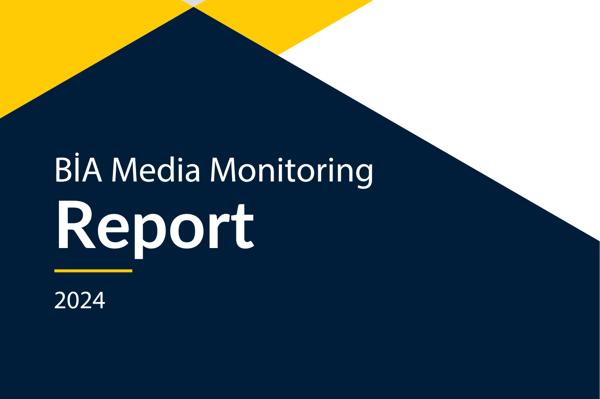
BİA MEDIA MONITORING/OCTOBER-NOVEMBER-DECEMBER 2024
Truth concealed through repression from all sides targeting journalists
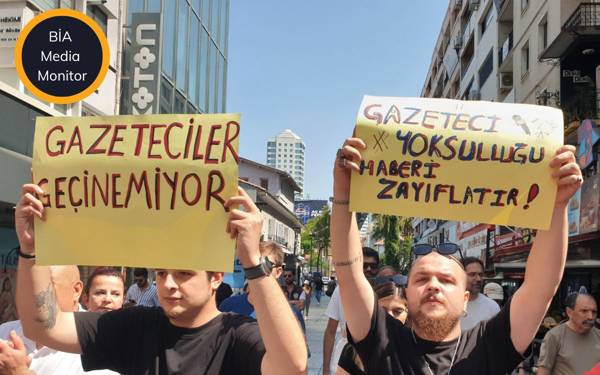
BİA MEDIA MONITORING REPORT
Just silence the journalist, and I won't touch you!
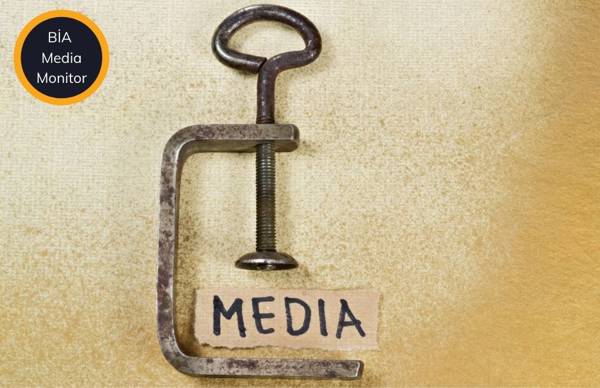
BİA MEDIA MONITORING APRIL-MAY-JUNE 2024
Journalists are on the target and have no legal security anymore!
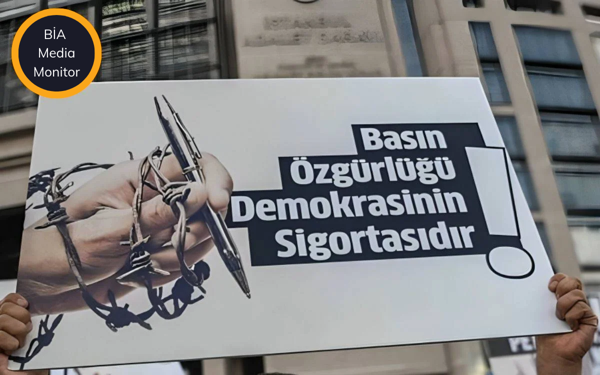
BİA MEDIA MONITORING REPORT
The era of 'judicial control' confinement and torture in journalism
